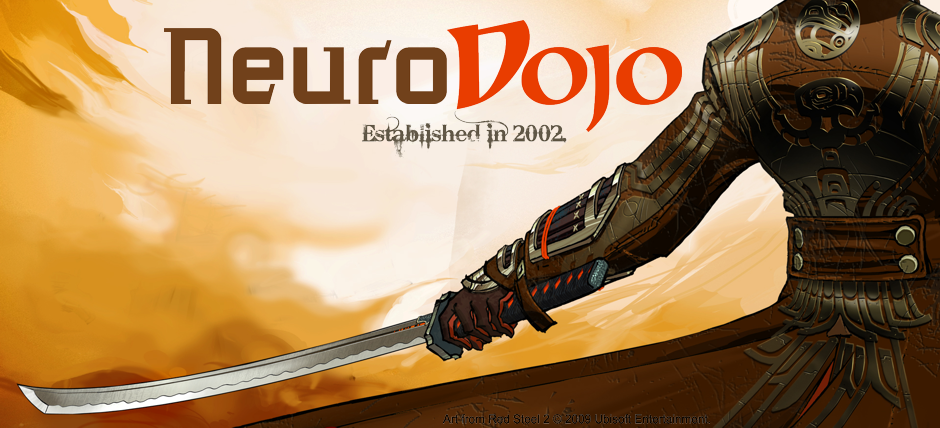25 February 2016
Mission creep in scientific publishing
Sometimes, it feels like every proposed reform of scientific publishing involves me doing more work.
There’s significant mission creep in the checklist of disseminating scientific information. While “publish” is necessary to avoid “perish,” it is no longer sufficient. It’s “Be visible, or vanish.” And visibility requires work.
When I was in grad school, I had to write a paper and publish it.
Now, people are suggesting that I also pre-register my experiments; curate and upload all my raw data (which may be in non-standard or proprietary formats); deposit pre-prints; publish the actual paper in a peer-reviewed journal (because that’s not going away); promote it through social media; upload it into sites like Academia.edu or ResearchGate; update my publication information in databases like ORCID, ImpactStory, and institutional measures; and watch for comments on post-publication peer review sites like PubPeer and engage with them as necessary.
Now, don’t get me wrong. Those are good things to do. Individually, each one has a solid rationale. But I don’t have an army of students, or post-docs, or administrative assistants to help with any of that. It’s all me. The cumulative effect could be draining.
My approach has been to do these things when the time cost is expected to be fairly minimal. I’ve put data up for many of my papers on Figshare... usually based on whether it was already in a spreadsheet. Converting a megabytes, if not gigabytes, of physiological recordings to some sort of interoperable standard? Nope.
Similarly, after the #ASAPbio meeting, I voted “No” to a Twitter poll asking if I would commit to posting my “best” science as pre-prints. I’ll do it if it makes sense for the project (timeliness of information is important, say).
External links
Are you an ‘academic superhero’?
Subscribe to:
Post Comments (Atom)


4 comments:
I get it, I really do. As more and more mandates for publishing come from funders this is only going to become a bigger problem. I'm a librarian, and we're working hard on finding how we can help (and remember, accessibility to your work is always our aim). What can we do? We're looking at curating data with data management plans (so its in a good state during and after work), easing publisher restrictions on pre-prints and embargos (OA obviates the need for those), and generally simplifying that dogsbody work.
I want to get you doing research, not admin, AND get your work out there so you can get credit for it.
Great point. I have been thinking that what we need is a system where you would upload your results immediately, with minimal explanation for peers in your immediate field. Then others comment, create charts, evaluate your results, add references, and even write the narrative. So each person contributes what they like and what they are good at. The key is to give credit or recognition to each contributor. In this way you end up with a "paper" to be published quickly, and all contributors get credit according to the value of their contribution.
Imagine is this credit rating were to replace the journal Impact Factor.... ;-)
Kaveh, regarding "others comment, create charts, evaluate your results, add references, and even write the narrative", who has the time or drive? Zen is saying people are time poor already.
Hi Andrew
People have time and the inclination, if (1) it is what interests them and (2) they get credit for it. Zen has done the experiment but wants to get on with the next one, not format a paper with 1" margins, spend half a day negotiating a publisher's submission system, etc. And Zen might not be good at creating beautiful graphs. But if I happen to be interested in his work and I have a great visualization tool I am proud of, I will happily chip in. And if I am getting some credit for it (thumbs up by my peers) I will fight to do the next one. That is my intuitive feeling.
Post a Comment